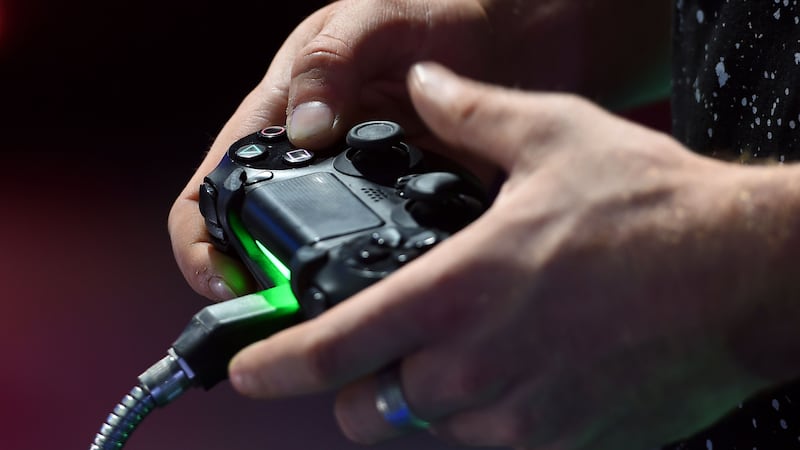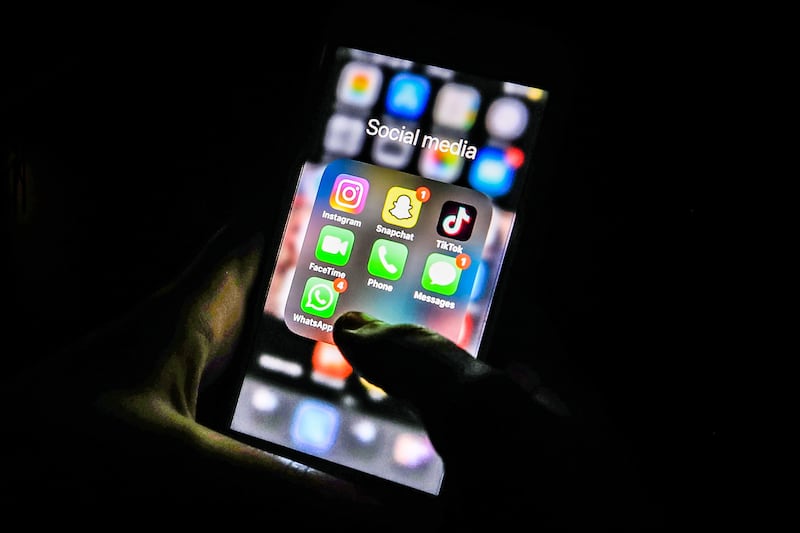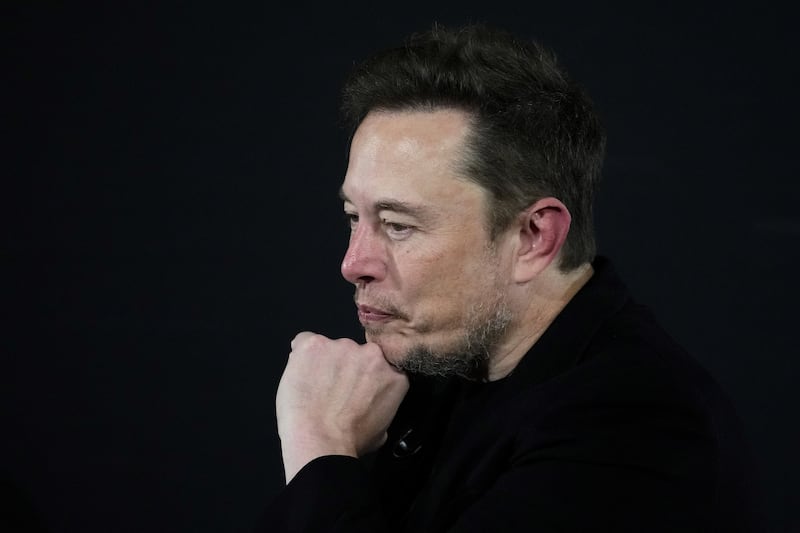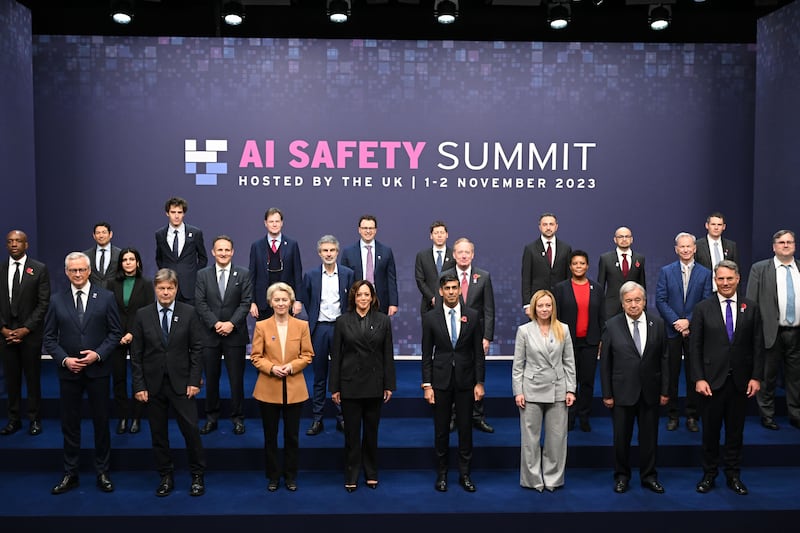Game publishers will be required to reveal the odds of receiving types of in-game items from loot boxes as part of a new commitment by the world’s biggest console firms.
Sony, Microsoft and Nintendo are hoping to put the measures into action in 2020, American video game trade body Entertainment Software Association announced.
Loot boxes are packs of in-game objects players can buy using real money, but the contents of a pack are randomised and not known until after purchase, which has led to fears that it could act as a gateway to gambling for young people.
The new disclosures will also apply to any game updates should loot boxes become a feature added in the future.
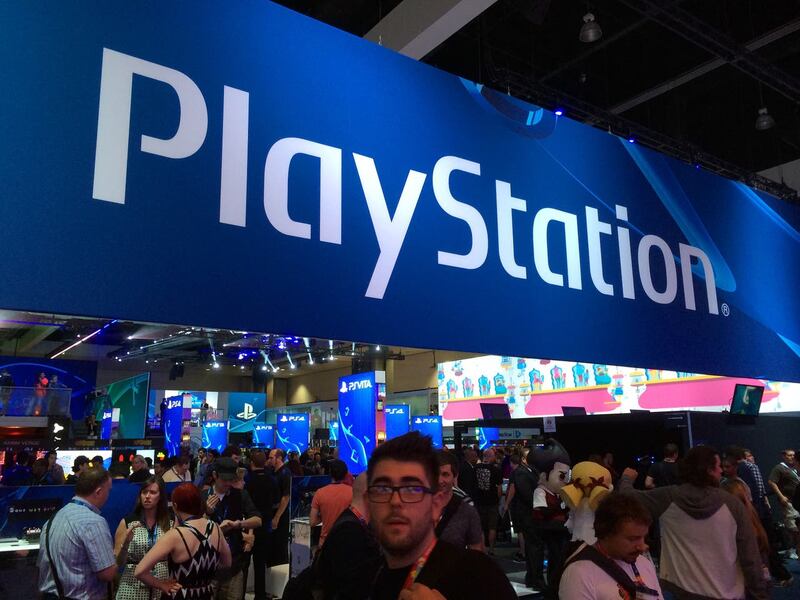
The association says several major publishers among its members are already being open about rarity or probability of obtaining in-game virtual items from purchased loot boxes, while others have agreed to follow suit “no later than the end of 2020”.
“The disclosure will apply to all new games and updates to games that add such in-game purchases and will be presented in a manner that is understandable and easily accessed,” the ESA said.
A group of MPs in the UK have been assessing the possible impact of loot boxes, in a bid to understand whether they may be addictive in nature.
The Gambling Commission recently told the Digital, Culture, Media and Sport Committee that it does not believe loot boxes are covered by its remit but it shares the concerns around them.
“The very fact that there is expenditure, a chance-based mechanic, children playing the game, we appreciate that that poses significant concerns,” Gambling Commission programme director Brad Enright said last month.
Former digital minister Margot James previously suggested there is not enough evidence available to suggest that loot boxes in video games constitute gambling.
Fortnite maker Epic Games, Electronic Arts, and Candy Crush owner King have already spoken to the committee but have skirted around questions about the potentially addictive nature of their games, despite the World Health Organisation’s (WHO) decision to recognise video game addiction as a disease.
Microsoft said in a statement: “We believe in transparency with customers and providing them information for making their purchase decisions.
“This is why by 2020 all new apps or games offering ‘loot boxes’ or other mechanisms on Microsoft platforms that provide randomised virtual items for purchase must disclose to customers, prior to purchase, the odds of receiving each item.”
